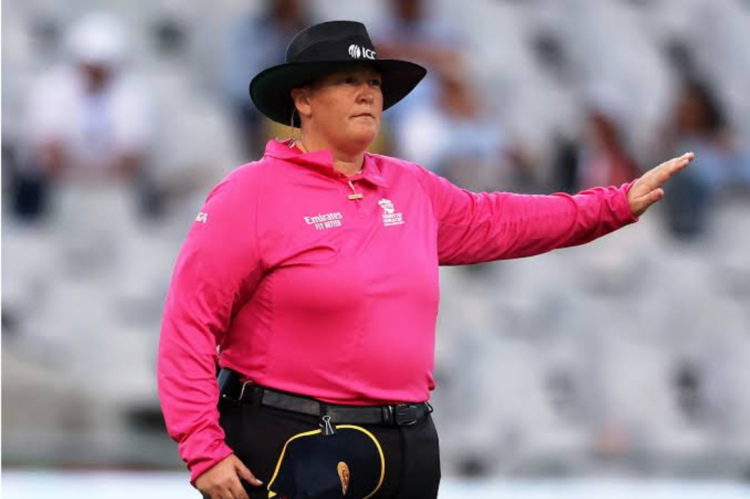Qualities of a Good Cricket Umpire
A good cricket umpire possesses a deep understanding of the laws of the game. Their knowledge of the rules and regulations enables them to make accurate decisions on the field, ensuring fair play and maintaining the integrity of the sport. This expertise allows them to interpret complex situations swiftly and decisively, enhancing the flow of the game.
Excellent decision-making skills are imperative for a cricket umpire. They must be able to assess challenging scenarios in real-time, often under immense pressure, and make impartial judgments that uphold the spirit of the game. A good umpire’s ability to remain calm and composed in high-stakes situations instills confidence in players and spectators alike, fostering a sense of respect for the officiating role on the field.
Understanding of the Laws of Cricket
A good cricket umpire must possess an in-depth knowledge of the laws of the game. Understanding the intricacies of cricket’s rules and regulations is crucial to ensuring fair play and making accurate decisions on the field. Umpires need to interpret and apply these laws consistently and fairly throughout the match to maintain the integrity of the game.
Having a solid grasp of the laws of cricket allows umpires to communicate effectively with players and fellow officials. Clear and confident decision-making is essential in cricket, and this can only be achieved when umpires are well-versed in the rules that govern the sport. By upholding the laws of cricket with precision and consistency, umpires play a pivotal role in upholding the spirit of the game and promoting a fair and competitive environment on the field.
Excellent Decision-Making Skills
Good decision-making skills are crucial for a cricket umpire to ensure fair and accurate gameplay. When faced with fast-paced and high-pressure situations, the ability to make split-second judgments can significantly impact the outcome of the match. A skilled umpire must possess the confidence to make tough decisions swiftly and decisively, maintaining the integrity of the game.
Consistent and unbiased decision-making is key to gaining the respect and trust of players, coaches, and fans alike. Umpires who demonstrate fairness and impartiality in their calls contribute to a positive and competitive environment on the field. By upholding the rules of the game with precision and consistency, umpires play a vital role in upholding the spirit of cricket and fostering a sense of sportsmanship among all participants.
Ability to Remain Calm Under Pressure
Remaining calm under pressure is a crucial quality that defines a good cricket umpire. In the midst of intense match situations, maintaining composure is essential to make fair and accurate decisions. The ability to stay unfazed by external factors such as noisy crowds or player reactions can significantly impact the outcome of a game.
In moments of high tension, a calm umpire inspires confidence in players, coaches, and spectators alike. Their composed demeanor allows for clear thinking and unbiased judgment, ensuring that the game is conducted fairly and with integrity. By staying cool under pressure, a cricket umpire upholds the spirit of the game and serves as a role model for all involved.
Sharp Eyesight and Attention to Detail
An essential trait of a proficient cricket umpire is having keen eyesight. The ability to accurately observe the game’s fast-paced action and make split-second decisions is crucial in maintaining the integrity of the match. Umpires must pay meticulous attention to every detail on the field, from tracking the trajectory of a ball to determining the position of fielders.
Attention to detail is paramount for a cricket umpire to uphold the laws of the game effectively. Being able to notice the minutest infractions, such as foot faults or no-balls, ensures fair play and keeps the match running smoothly. Umpires must possess a sharp focus throughout the game, constantly scanning the field to detect any deviations from the rules that could impact the outcome of the match.























